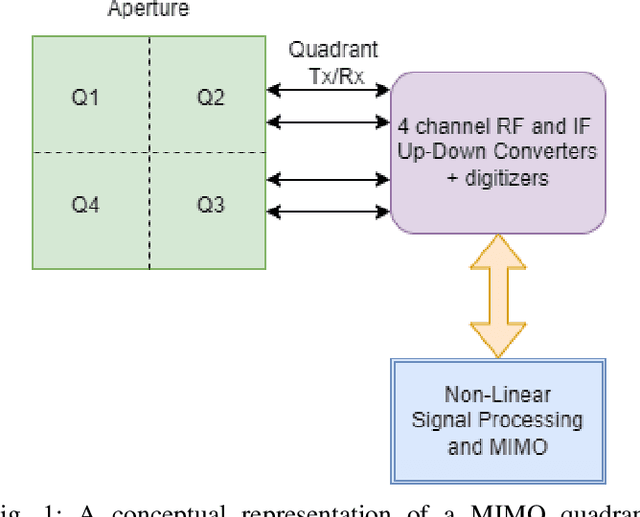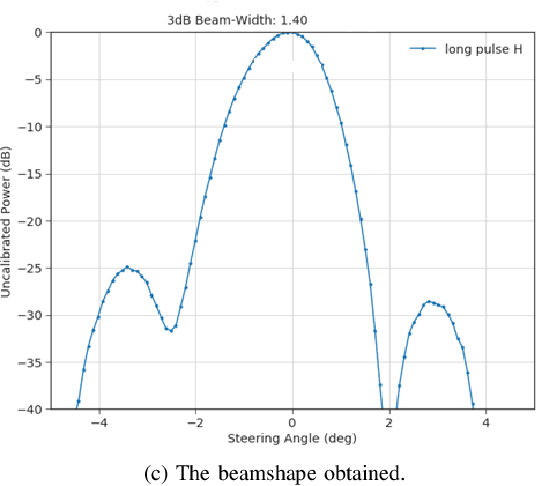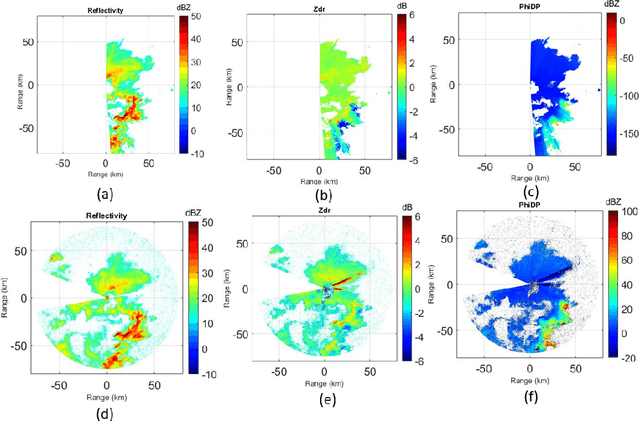Keith Kelly
Non-Linear Signal Processing methods for UAV detections from a Multi-function X-band Radar
Mar 13, 2023



Abstract:This article develops the applicability of non-linear processing techniques such as Compressed Sensing (CS), Principal Component Analysis (PCA), Iterative Adaptive Approach (IAA) and Multiple-input-multiple-output (MIMO) for the purpose of enhanced UAV detections using portable radar systems. The combined scheme has many advantages and the potential for better detection and classification accuracy. Some of the benefits are discussed here with a phased array platform in mind, the novel portable phased array Radar (PWR) by Agile RF Systems (ARS), which offers quadrant outputs. CS and IAA both show promising results when applied to micro-Doppler processing of radar returns owing to the sparse nature of the target Doppler frequencies. This shows promise in reducing the dwell time and increase the rate at which a volume can be interrogated. Real-time processing of target information with iterative and non-linear solutions is possible now with the advent of GPU-based graphics processing hardware. Simulations show promising results.
Training Stacked Denoising Autoencoders for Representation Learning
Feb 16, 2021



Abstract:We implement stacked denoising autoencoders, a class of neural networks that are capable of learning powerful representations of high dimensional data. We describe stochastic gradient descent for unsupervised training of autoencoders, as well as a novel genetic algorithm based approach that makes use of gradient information. We analyze the performance of both optimization algorithms and also the representation learning ability of the autoencoder when it is trained on standard image classification datasets.
 Add to Chrome
Add to Chrome Add to Firefox
Add to Firefox Add to Edge
Add to Edge